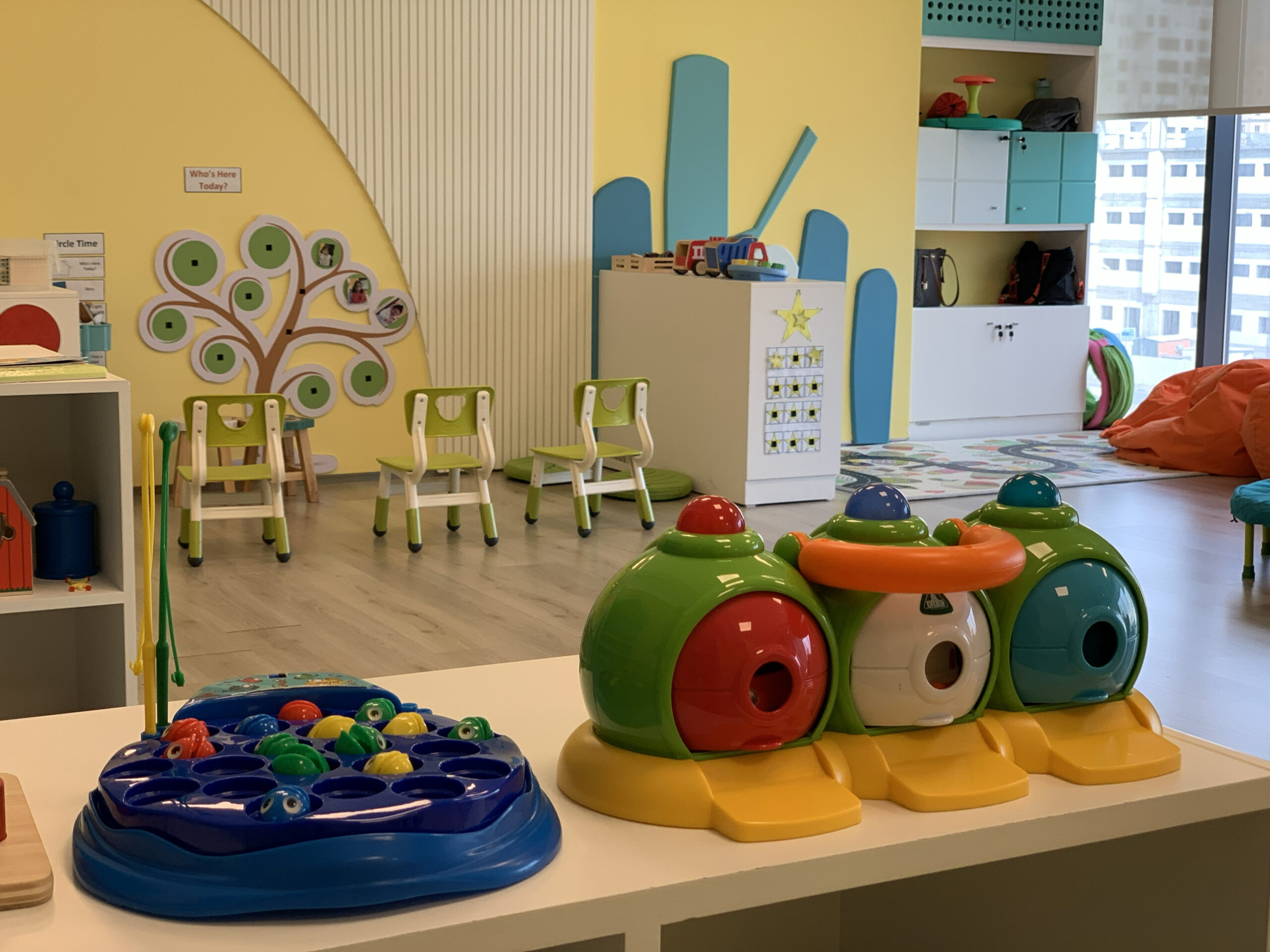
What is ABA?
Applied behaviour analysis (ABA) is a science dedicated to the understanding and improvement of human behaviour. ABA differs from other fields in its focus, aim, and methods. Behaviour analysts focus on defining behaviours of social significance, often referred to as target behaviours.
FSHN is one of the most credible Autism Centres in Kuwait. Our behavioural therapy aims to intervene to improve target behaviours while demonstrating a reliable relationship between the intervention and improvements in behaviour. Once an effective intervention is implemented, ongoing data collection occurs. Behaviour analysts’ program for generalization and maintenance to ensure that the behaviour is maintained over time and across different settings and people. Behaviour analysts often train staff and caregivers to implement all interventions to facilitate a consistent protocol.
ABA is a scientific approach to identifying environmental variables that influence the behaviour of social significance and for systematically developing a functionally related methodology to program for behaviour change. Additionally, ABA focuses on skill acquisition. Skill acquisition can occur when a behaviour analyst is teaching a new, functionally related alternative behaviour (to replace an inappropriate problem behaviour) or to teach academic, self-care, motor, social skills, etc.
So, what does all this mean?
Basically, for behaviour therapy, behaviour analysts study the environment in which the individual’s target behaviours are occurring. Using functional behaviour assessments, they scientifically determine what factor of the environment is maintaining the target behaviour (known as the FUNCTION of the behaviour). Using this data collection, an intervention that addresses that same FUNCTION is implemented to create an appropriate and positive change in behaviour and to resolve developmental disabilities. By socially significant and functional assessment, we mean that the behaviours targeted are those that may cause harm or interfere with the individual’s learning.
ABA is different from traditional psychology in that ABA focuses on observable behaviours rather than what an individual may be thinking (also known as an individual’s cognitions). ABA techniques can be used in a wide variety of settings (schools, parent training, staff training, OBM, social skills training, behaviour management, special education, self-management, etc.), but it is important to note that the ABA theoretical approach lies heavily in manipulating the environment to create behaviour change for positive reinforcement rather than changing an individual’s internal events, or thoughts. ABA’s theories for individualized treatment are supported by empirical data that is obtained through controlled observation and measurement of behaviour.
What ABA IS NOT!
• Counselling therapy
• Focused on changing an individual’s thoughts
• Bribery
• Strictly used with individuals with autism